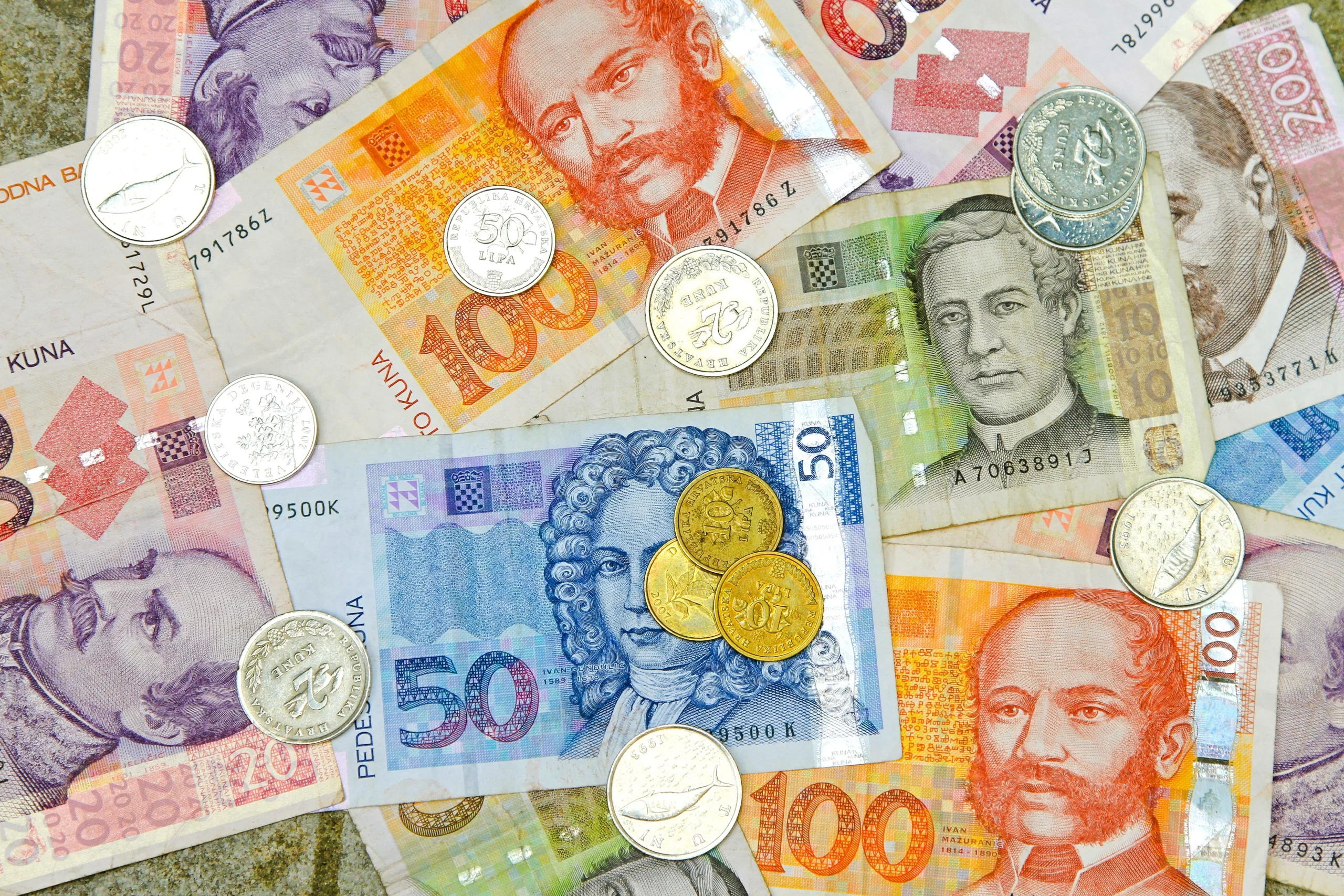Money
Croations are worried the Euro is leading to higher prices

Money
Big banks, inflation, and earnings: What to watch this week
Major banks and corporations report earnings this week, influencing market outlook and economic indicators ahead of 2026.
Money
Boeing hits seven-year high in plane deliveries as demand soars
Boeing’s aircraft deliveries hit a seven-year high, bolstered by demand and new orders, including Alaska Airlines’ purchase of 105 jets.
Money
Wall Street hits record highs as markets shrug off Venezuela tensions
US markets hit record highs as investors shrug off geopolitical tensions, with the S&P 500 up 0.7% and Dow 1%.
-



 Tech5 days ago
Tech5 days agoCES 2026 Highlights: AI, robotics, and the future of innovation
-



 Ticker Views3 days ago
Ticker Views3 days agoViruses experts are watching in 2026
-



 Crypto4 days ago
Crypto4 days agoMorgan Stanley files for Bitcoin, Solana, and Ethereum ETFs
-



 Tech4 days ago
Tech4 days agoGlobal memory chip shortage set to drive electronics prices higher
-



 Tech5 days ago
Tech5 days agoCES 2026 opens with AI powering the future of tech
-



 News2 days ago
News2 days agoTrump declares US ready to support Iranian protesters
-



 News11 hours ago
News11 hours agoSendle shuts down, small businesses left scrambling
-



 Money17 hours ago
Money17 hours agoBoeing hits seven-year high in plane deliveries as demand soars






